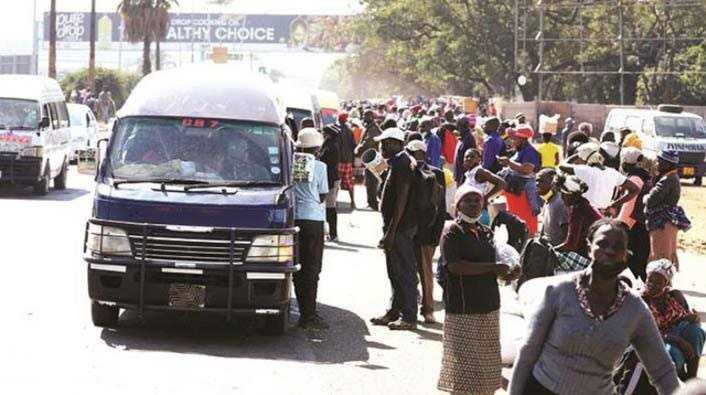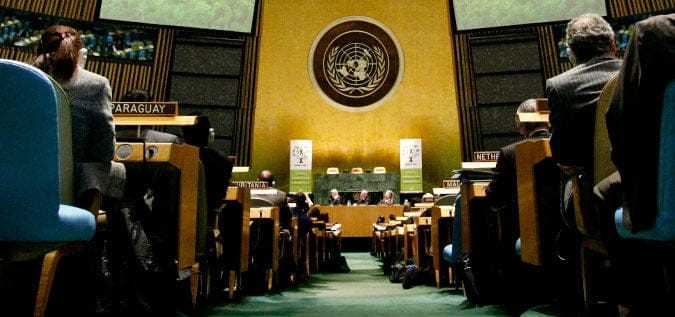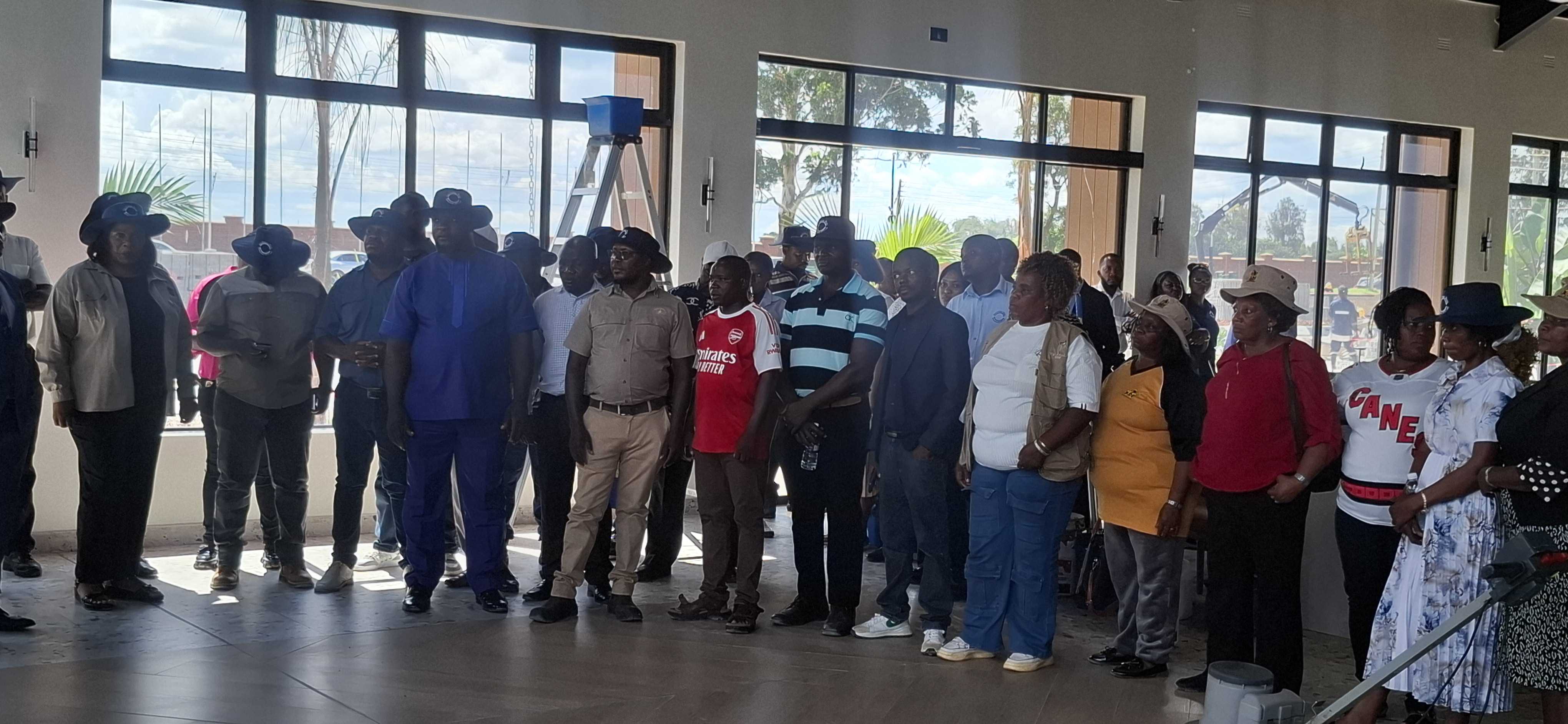
Oscar J Jeke
Zim Now Reporter
Non-governmental organisation, ActionAid has called on the Southern African Development Community to intervene through policy formulation and empowerment of young women, targeted towards mitigating the daunting effects of the El Nino induced-drought that has seen young girls and women being married off so as to provide food for their families.
A brief by the organisation shows that as a result of food insecurity, economic hardships and social instability, young women have been at the height of risks that include violence, exploitation and marginalisation within their societies, a development that further derails concepts and progress made over the years.
The brief also depicts the characterised damage the drought has had on many farming communities who have been left to adopt strategies that include forced marriages and early child marriages.
Related Stories
ActionAid Zimbabwe country director, Joy Mabenge reiterated the need for comprehensive policy formulation that protects the rights of young women and girls, adding that a gender analysis and impact assessment is needed especially towards the women who feel the most of the prevailing dry spell.
“The prevailing situation in the region demands a comprehensive gender analysis on the impact of the drought on women and girls, which is crucial to ensure that government’s interventions do not miss the mark. Additionally, authorities must prioritise the provision of flexible funding for women-led community protein initiatives,” he said.
In their community engagements, the organisation spoke with 19-year-old Emily from Zambia’s Sialumuluwa village, who testified of the negative survival adaptions being implemented by societies, noting that, “the drought is significantly impacting young women and girls, who are often married off to secure food resources.
"In many cases, these girls are also expected to rely on their husbands for food and basic needs, which may also make them vulnerable to gender-based violence. All the efforts that we have been putting into keeping girls in schools are falling down the drain.”
While ActionAid has pointed out the negative effects of the drought towards young girls and women, UNICEF has taken a wholesome approach that has reflected the negative effects of the drought on an inclusive gender approach, emanating from the report of millions of people in Southern Africa suffering from extreme poverty and food deficiency, with some countries like Zimbabwe and Zambia having half of their populations in dire need of food assistance.
The organisation also called for interventions through financial funding, innovative collaborations and community engagements that proactively add value to mitigating effects of the drought and as well as reducing food insecurity, focusing the agenda on strengthening national social protection systems as a key tool of supporting families build resilience to future shocks and recover from the effects of emergencies.




















Leave Comments